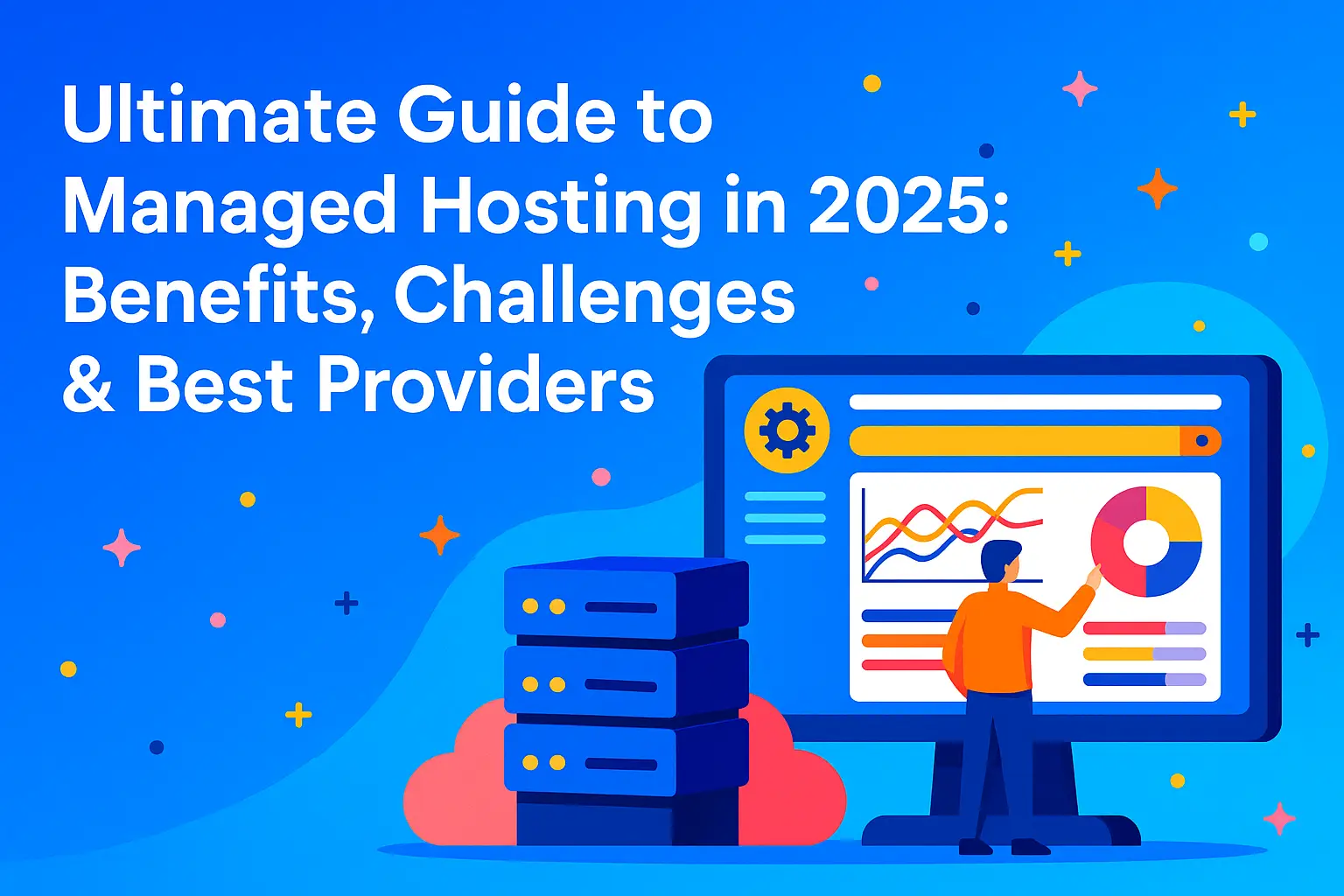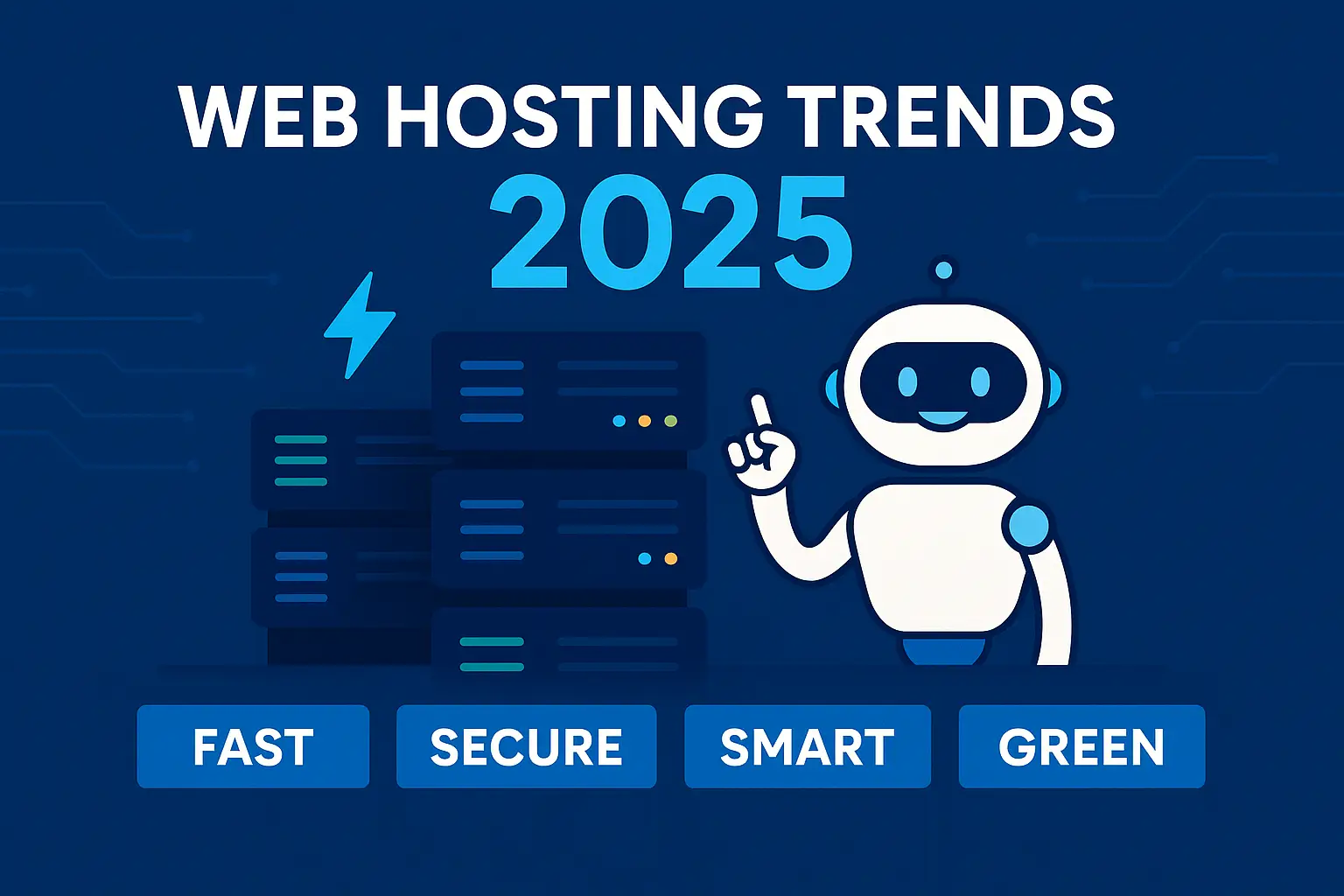Table of Contents
Shared vs. VPS Hosting:
When building a website, choosing the right hosting solution is critical for performance, security, and growth. Between shared hosting and Virtual Private Server (VPS) hosting, understanding the differences can help you make an informed decision based on your specific needs and budget. Both have their merits, but they cater to different types of users. Whether you’re running a small blog or a growing e-commerce store, picking the appropriate hosting option is essential for long-term success.
Introduction
Choosing between shared hosting and VPS hosting can feel overwhelming, especially when you’re just starting a new website or business venture. Hosting is the foundation of your website, influencing everything from speed to security. The right choice hinges on factors like traffic, security needs, budget, and technical knowledge. Let’s break down the differences between these two popular hosting options and see which one fits your needs best.
What is Web Hosting?
Web hosting is a service that allows you to publish your website on the internet. Your website’s files, content, and data are stored on a server, and when a user visits your site, the hosting server delivers those files to their browser. The server’s speed, reliability, and resources directly impact how well your website performs. Understanding this basic concept helps highlight the importance of choosing the right hosting plan.
What is Shared Hosting?
Shared hosting is one of the most common and affordable hosting solutions for beginners and small websites. As the name suggests, in shared hosting, your website shares the same server resources—such as CPU, RAM, and storage—with multiple other websites.
How Shared Hosting Works
Imagine shared hosting like living in an apartment complex. You have your own space, but you share the building’s resources like water, electricity, and maintenance with your neighbors. In the same way, your website will have its space on a server, but it will share the server’s resources with other sites. This makes shared hosting incredibly affordable, but it also means performance can be affected when neighboring sites experience high traffic.
What is VPS Hosting?
A Virtual Private Server (VPS) hosting offers a more robust and scalable solution for websites that have outgrown the limitations of shared hosting. VPS hosting uses virtualization technology to create a virtual server environment, where each user gets dedicated resources without sharing with others.
Understanding VPS: How It Functions
Think of VPS hosting as living in a townhouse. While you’re still part of a larger complex, you have much more control over your individual space, and your resources aren’t directly shared with your neighbors. With VPS, each website operates in its isolated environment, with guaranteed resources such as RAM, CPU power, and disk space, ensuring better performance and security.
Key Differences Between Shared vs. VPS
Understanding the major differences between shared and VPS hosting can help clarify which option suits your website’s needs. wiki
Resource Allocation:
In shared hosting, resources are pooled across several users, meaning your website might compete for resources like bandwidth and CPU. VPS hosting allocates dedicated resources to your website, guaranteeing higher availability and better performance even during traffic spikes.
Performance Comparison
Uptime and Reliability:
In shared hosting, uptime can fluctuate because server resources are shared among many websites. If one site experiences a traffic surge, it may affect the others. On the other hand, VPS hosting offers a more stable environment, ensuring higher uptime and improved reliability, as your resources are isolated from other users.
Security Aspects of Shared vs. VPS
Security Risks in Shared Hosting:
While shared hosting is cost-effective, it comes with higher security risks. Since multiple websites share the same server, a vulnerability in one site could potentially expose others. In contrast, VPS hosting provides a more secure environment, thanks to isolated virtual servers, where each user operates independently, reducing the risk of cross-site vulnerabilities.
Scalability and Growth
How VPS Hosting Supports Website Growth:
As your website grows, so do its resource needs. Shared hosting can struggle with scalability, and once you hit resource limits, performance can degrade rapidly. VPS hosting offers an easier upgrade path. You can increase resources like RAM, storage, and bandwidth without migrating to a different server, making it ideal for websites planning for future growth.
Cost and Budget
Affordable Solutions for Different Users:
Shared hosting is by far the most affordable option, perfect for new websites, personal blogs, or small businesses on a tight budget. However, as traffic increases and you require more resources, VPS hosting becomes more cost-effective due to its scalability and performance advantages. While VPS hosting has a higher starting cost, the value it offers in the long term can make it a more economical choice.
Ease of Use
Control Panels in Shared vs. VPS Hosting:
Shared hosting providers often include user-friendly control panels like cPanel or Plesk, making it accessible even for non-technical users. VPS hosting, while offering more control, may require a higher level of technical knowledge to manage, particularly if you opt for an unmanaged VPS solution. However, most VPS hosting providers offer managed options for users who prefer not to deal with server maintenance.
Server Customization
Limitations of Shared Hosting in Customization:
In shared hosting, customization options are limited. You have to work within the restrictions set by the hosting provider, which can limit your ability to install specific software or customize server settings. VPS hosting offers full root access, allowing complete control over your server environment, including the ability to install custom applications, scripts, and operating systems.
Technical Requirements
Do You Need Technical Knowledge?
For beginners or users without technical expertise, shared hosting is often the better option due to its simplicity and ease of management. VPS hosting, on the other hand, requires a bit more know-how, especially if you opt for an unmanaged service. However, managed VPS services do offer hands-off solutions, where the hosting provider takes care of most technical aspects.
Customer Support
What to Expect from Shared Hosting Customer Support:
Shared hosting typically comes with basic customer support, aimed at helping you get set up and running. However, due to the lower price point, the level of personalized support may be limited. VPS hosting, especially managed plans, often includes more robust support options, with priority given to server issues, performance concerns, and security.
Who Should Choose Shared Hosting?
Best Use Cases for Shared Hosting:
Shared hosting is ideal for small websites, personal blogs, or hobby sites that don’t expect heavy traffic or require advanced server customizations. It’s perfect for beginners looking to get their site up and running quickly without spending a lot.
Who Should Choose VPS Hosting?
Ideal Users for VPS Hosting:
VPS hosting is better suited for businesses, e-commerce websites, and growing blogs that need better performance, security, and control over their server environment. It’s also ideal for developers who want full access to server settings and need the flexibility to install specific applications.
Conclusion
Both shared hosting and VPS hosting have their place in the web hosting ecosystem. Shared hosting is a fantastic, budget-friendly option for small websites and beginners, while VPS hosting caters to businesses and websites with higher resource demands. By understanding your website’s current and future needs, you can choose the right hosting option that will grow alongside your online presence.
FAQs
Can I upgrade from Shared to VPS Hosting?
Yes, most hosting providers offer seamless migration options from shared hosting to VPS hosting.
Is VPS Hosting Worth the Extra Cost?
If your website has outgrown shared hosting resources or requires more security and control, VPS hosting is worth the investment.
How Much Traffic Can Shared Hosting Handle?
Shared hosting can handle moderate traffic, but it may struggle during traffic spikes or if your site grows significantly.
Do I Need VPS Hosting for My E-Commerce Store?
Yes, if your store is generating a lot of traffic or handling sensitive customer data, VPS hosting offers better security and scalability.
How Does VPS Hosting Improve Security?
VPS hosting isolates your website in a private virtual environment, reducing the risk of vulnerabilities from neighboring websites.
What are the Disadvantages of Shared Hosting?
Shared hosting can suffer from performance issues during high traffic periods, and you have limited control over server settings.




